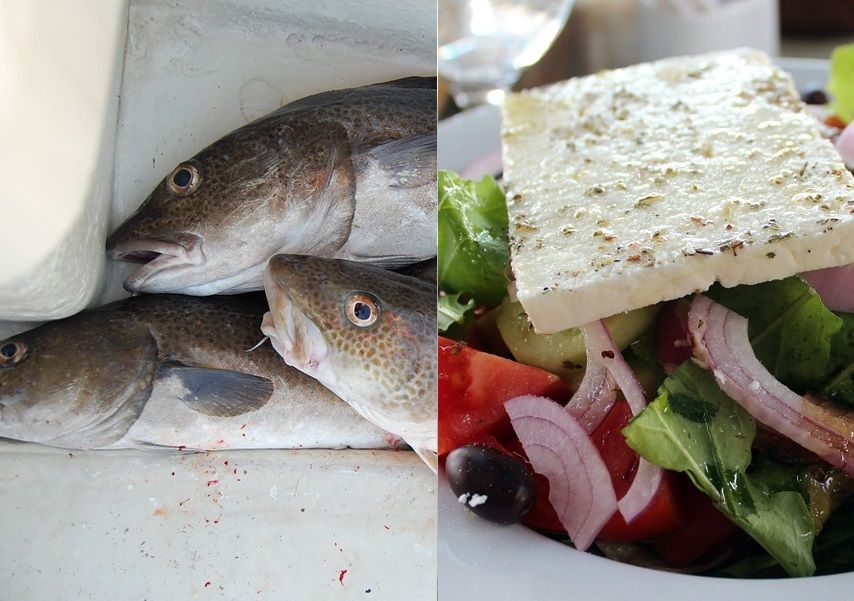The EU Commission dispatched a stern double warning to Denmark this week following perceived breaches in the fishing and food sectors.
The EU contends that Denmark is failing in its obligations according to the 2010 EU regulations on fishing control – more precisely an inadequate registration of fish landed by the Danish fishing fleet. According to the EU, not all fish are being weighed at landing as EU protocol dictates.
“To date, the Commission considers that Denmark fails to ensure that all fishery products are weighed at landing and that mandatory catch registration documents record the quantities of each species present, including industrial by-catches,” the EU Commission wrote.
“The most serious issues concern fisheries for industrial purposes. These deficiencies significantly undermine the accuracy of catch registration documents that are necessary for quota deduction purposes and to prevent overfishing.”
The EU Commission went on to indicate that Denmark does not ensure that the commission is properly notified regarding the quantities of fish landed. The commission said that Denmark has two months to respond to the concerns.
READ MORE: New Arctic fishing agreement signed in Greenland
Fettered feta
The second EU salvo pertains to the Danish authorities not doing enough to stop home-based dairy companies from exporting white cheese under the banner of ‘feta’.
Feta has been a protected product designation in the EU since 2002 and it is only the Greeks that may sell feta cheese in the EU and in countries that the EU has trade partnerships with.
“The Commission considers that Denmark failed to prevent or stop the breach of the EU Regulation by companies based in Denmark that produce (and/or import from other countries) and export white cheese to non-EU countries after labelling it as ‘Feta’,” the EU wrote.
“This does not comply with the EU product specification rules provided for Protected Designation of Origin (PDO), and it is considered as a misleading labelling.”
As is the case with the fishing issue, Denmark has two months to react to the commission and the Food Ministry is looking into how to respond.
















